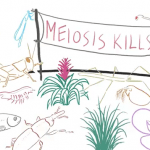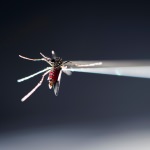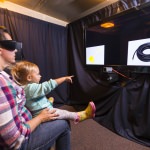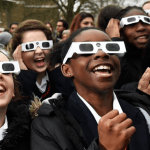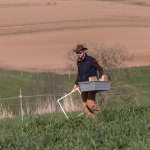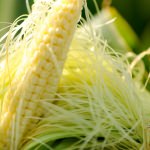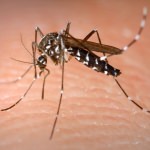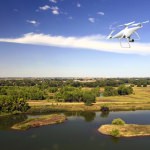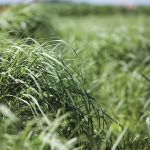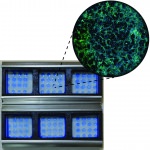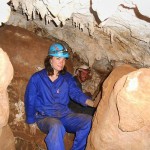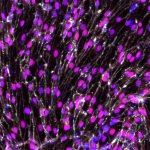Tag Research
American voices from the past live again, as DARE recordings available online
More than 1,800 recordings of people interviewed for the Dictionary of American Regional English are now freely available online, hosted by the University of Wisconsin’s Digital Collections Center.
OVCRGE welcomes human subjects program
IRBs are charged with overseeing research involving human subjects, such as this study in the Infant Learning Lab at UW–Madison’s Waisman Center.
Undocumented immigration doesn’t worsen drug, alcohol problems in U.S., study indicates
An increase in the proportion of the population that is undocumented is associated with fewer drug arrests, drunken driving arrests and drug overdoses.
Q & A: New WID director Jo Handelsman on returning to UW, leading institute
Handelsman talks about the global challenges the Wisconsin Institute for Discovery is addressing, where the interdisciplinary research institute has been in its first seven years, and what its future looks like.
How to take in the eclipse: Tips from UW Space Place
The effects of the partial eclipse in Wisconsin will be subtle, but worth watching nonetheless.
UW–Madison’s Lancaster ag station celebrates half-century study of crop rotation
The 50-year history of UW–Madison's Lancaster Agricultural Research Station mirrors changes on Wisconsin farms over the past half century.
Degree program uses satellite, drone technologies to solve environmental problems
Students will learn skills that can be applied to conducting wildlife surveys, mapping floodwaters, monitoring environmental conditions, and many other applications.
Advance furthers stem cells for use in drug discovery, cell therapy
UW–Madison researchers have invented an all-chemical replacement for the confusing, even dangerous materials, now used to grow stem cells.
UW team in South Africa to share ‘origin stories’
A team from University Communications has traveled to South Africa to tell important UW-focused stories about origins: from the galaxies to life on Earth to the birth of humankind.
Study reveals interplay of an African bat, a parasite and a virus
The role of bat parasites in maintaining chains of viral infection is little studied, and the new study serves up some intriguing insights into how viruses co-opt parasites to help do the dirty work of disease transmission.
Study links insurance coverage to higher rates of colorectal cancer screenings
As the nation debates whether and how health insurance should be reformed, researchers at the University of Wisconsin School of Medicine and Public Health determined that people with a certain type of insurance policy were more likely to be screened for colorectal cancer.
UW-Madison researchers tackle bias in algorithms
If you’ve ever applied for a loan or checked your credit score, algorithms have played a role in your life. You might assume that computers remove human bias from decision-making, but research has shown that is not true.



